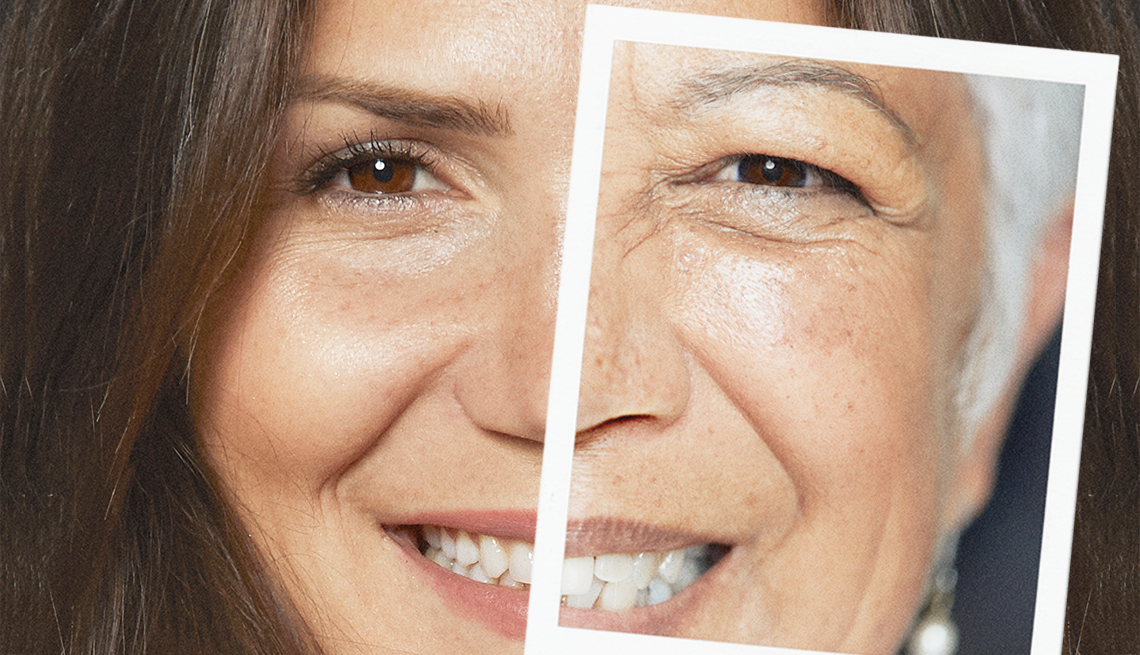AARP Hearing Center


You already know what not to do if you want to live a long, healthy life: eat plenty of junk food, over-imbibe alcohol, melt into your couch often and disregard good sleep and mental stimulation.
“Most things that are bad for your health are bad for aging,” since simply getting older is the number one predictor of noninfectious diseases such as cancer, cardiovascular ailments and Alzheimer’s, says Calen Ryan, an associate research scientist and data science lead at the Columbia Aging Center.
But Ryan and other experts say lesser-known factors may accelerate aging on a molecular level. Using “epigenetic clocks,” or internal markers of biological, not chronological, age from blood and other tests, they’re getting more insight into what might damage your cells — or protect them.
Although these controversial clocks are just tools that gauge pieces of a complicated aging puzzle — they’re hardly crystal balls revealing when exactly you’ll die — they can motivate you to reevaluate your habits, no matter how old you are.
“Pretty much without exception, it is possible to improve your health and reduce your risk of dying or developing diseases at pretty much any age,” says Matt Kaeberlein, a professor of pathology at the University of Washington, where he used to direct the Healthy Aging and Longevity Research Institute. “In other words, it’s never too late to start.”
Here’s what emerging research suggests may be speeding up your biological clock and how, when possible, to slow it down.
1. Pregnancy — with caveats
An April 2024 study published in PNAS by Ryan and colleagues found 20- to 22-year-old women in the Philippines who’d been pregnant looked “biologically older” than women who’d never been pregnant. The more times a woman had been pregnant, the older she looked on the inside, too.
Using six epigenetic clocks, the researchers concluded that the results held even when taking into account socioeconomic, environmental and immunological factors. Dads in the same age range did not experience the same changes, the researchers found.
Pregnancy leads to some “obvious physical changes, but I think where it gets surprising is that we’re showing you could also see some of these changes at the molecular level,” Ryan says.
The study garnered a lot of media attention, but there are important caveats.




































































More From AARP
8 Major Health Risks for People 50 and Older
A look at the top killers — and how to dodge them
Can Being Lonely Make You Age Faster?
Mounting research highlights the health hazards of isolationSide Effects of Weight Loss Medications
Here’s what people experience on Ozempic, Wegovy and othersRecommended for You